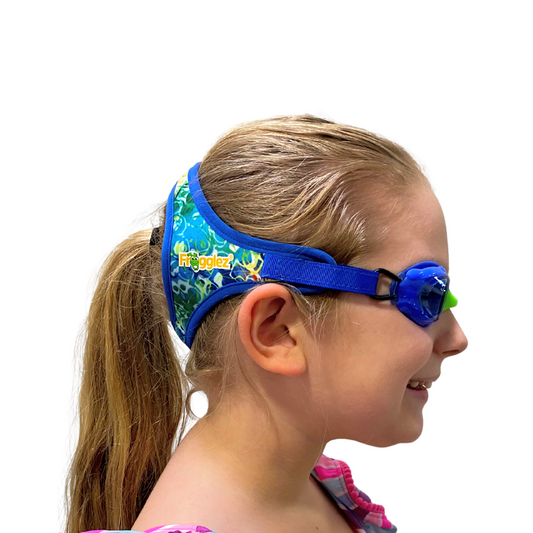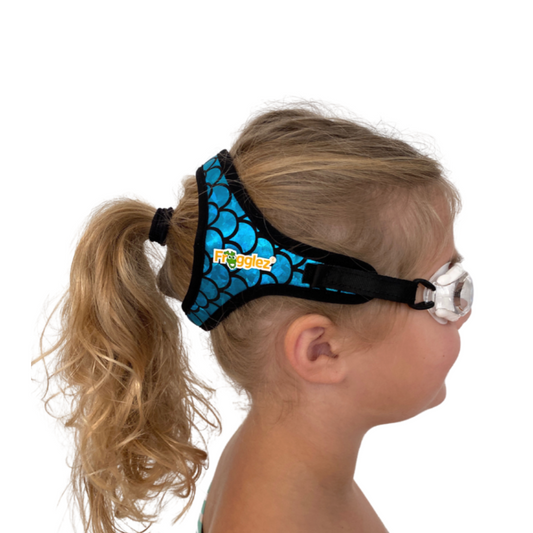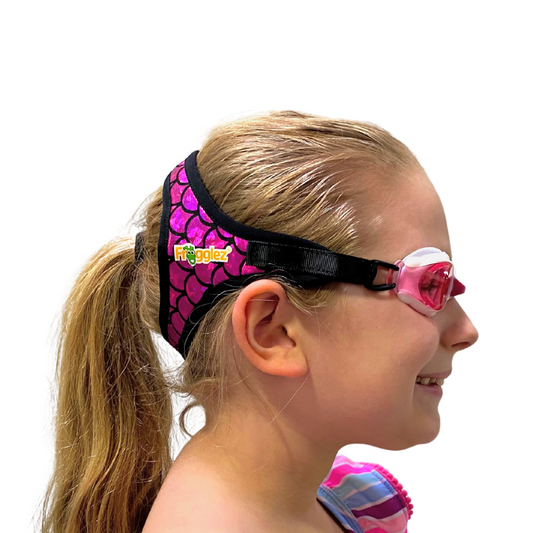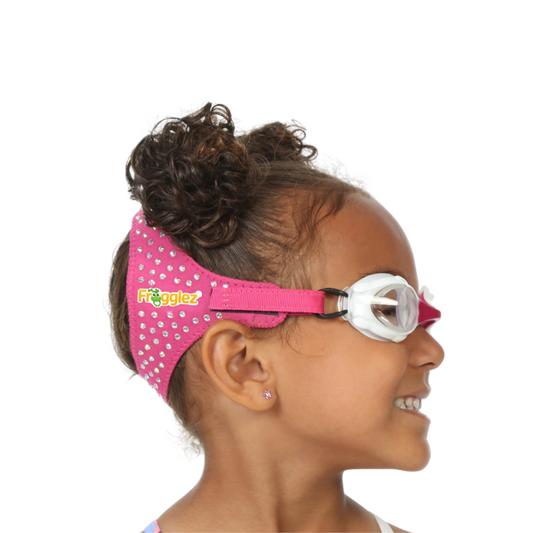When you decide to spend the day at the pool or waterpark, part of the enjoyment comes from seeing the crystal-clear water sparkling in the sun. Everyone is smiling and having fun! You can’t wait to join in. The last thing you want to think about is the possibility of there being poo in the community pool.
You have a little more safety in your backyard pool. After all, you can control who is allowed to enter the pool. Realistically, though, are you prepared to tell a partially potty trained two-year-old and his parents that you don’t want him in your pool with the rest of the family because he may or may not leave the pool when he feels the urge to go? What will you do when you arrive at the neighbor’s pool party and their dog is resting on the pool float after a swim in the pool?
The truth is our backsides are not sterile
We all carry bacteria on our bodies that can be washed off into the pool water as we enter the pool. The responsibility to minimize the contamination is important for every pool user to understand.
The good news is that the chlorine in the swimming pool will kill the bacteria eventually, as long as the water is kept at the correct pH and the right level of chlorine. The main bacteria we worry about is Cryptosporidium (Crypto), Escherichia Coli (E. coli), and Giardia.
Crypto
Crypto is one of the more serious germs found in pool water. A person infected with Crypto will have diarrhea for two weeks or even longer. It is spread from a person who is infected with Crypto. That person may be over the issue themselves but can still be carrying the germs.
If an infected person has an episode of diarrhea in the pool, they will release hundreds of thousands of germs into the water. If another swimmer swallows even a little of the contaminated water, they will also become infected. This germ is especially dangerous for pregnant women, young children, and anyone with a weakened immune system. This germ is also more dangerous because it can survive several days even in a well-chlorinated pool.
Giardia
Giardia also causes prolonged diarrhea in the infected person, lasting one to two weeks. Much like Crypto, it is passed into the water by an infected person and then swallowed by other swimmers. Even a very small amount can make you sick. Giardia can survive for almost an hour even in a well-chlorinated pool.
E. coli
There are a number of different strains of E. coli and, in fact, E. coli is normally found in the bowel of most animals and humans. This is not harmful and is actually necessary for normal bowel function as part of the digestive system.
However, there is a strain of E. coli that will cause severe diarrhea. The outbreak of this E. coli is usually related to eating contaminated foods; however, the person with the disease will shed E. coli germs in their stool. That is how swimmers are infected. When the person with the disease organism uses the swimming pool, some E. coli cells are washed into the water and can be unintentionally swallowed by other swimmers, resulting in the spread of the illness. E. coli is killed by chlorine in just a few minutes.
Steps to remove formed poop or diarrhea and disinfect the water
The Centers for Disease Control and Prevention (CDC) recommend the following steps be taken if you discover someone has had an accident in your backyard pool:
- Close the pool to swimmers
- Put on disposable gloves
- Remove the poop using a net or bucket. Do not vacuum the poop from the pool
- Clean as much poop as possible from the item used to remove the poop and dispose of it in a sanitary manner
- Disinfect the item used to remove the poop by immersing it in the pool during the 30-minute disinfection time described below
- Remove and dispose of gloves
- Wash your hands thoroughly with soap and water
- Raise the free chlorine concentration to, or maintain it at, two parts per million (ppm) and maintain the pH at 7.5 or less for 30 minutes
- Confirm that the filtration system is operating properly
Prevention is easier than eradicating disease
Obviously, the best way to prevent the spread of disease in the pool is to prevent the organism from ever entering the pool. Showering with soap before you swim is the most effective way to prevent contamination. If you have had diarrhea, you should not swim for two to three weeks after the symptoms end. If you have small children, use swim diapers to contain any stool. Check or change the diaper frequently. Teach all members of the family not to let pool water in their mouths and to wear goggles to protect their eyes while swimming or playing.
 Maintenance is key
Maintenance is key
As the owner of a backyard pool, the most important preventative action you can take is to keep your pool maintenance and chemical balance consistent. Keep your pool clean by skimming floating debris and vacuuming your pool frequently. Consider using a robotic pool cleaner. These machines will vacuum your entire pool while you are sleeping at night or while you are at work.
A dirty pool will deplete the chlorine to a level that may not protect your water from bacteria. Test your water frequently and keep the pH at the appropriate level. Use pool shock when necessary. If your pool is clean and testing shows the pH and chlorine levels are correctly maintained, the pool will remain safe for you and your family to enjoy.



 Maintenance is key
Maintenance is key





